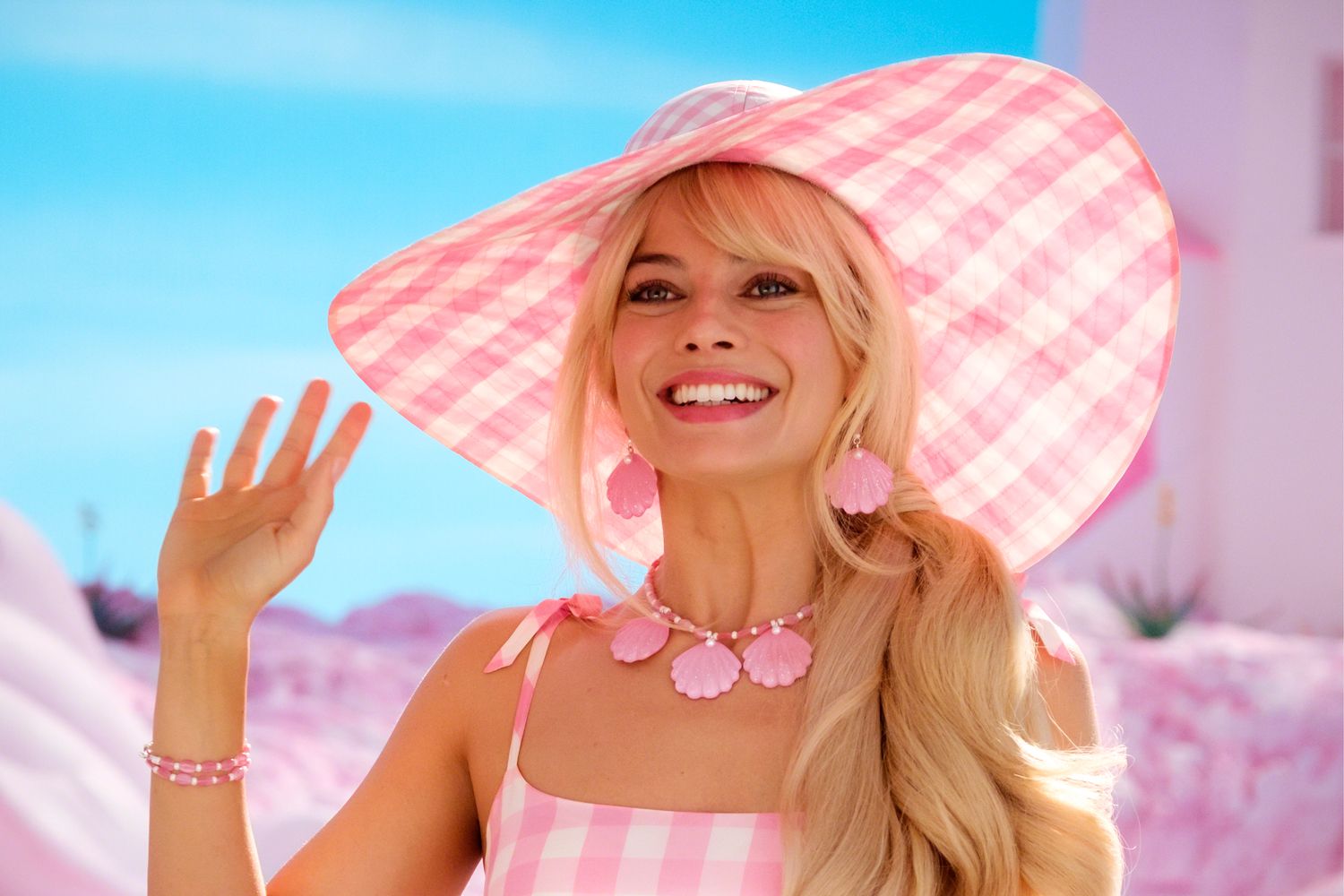By Karrin Vasby Anderson
As the Barbie movie’s worldwide box office passes the billion-dollar mark, and some conservative pundits push back against its popularity with negative hot takes, the phrase “toxic femininity” is back in the news.
On National Public Radio’s It’s Been a Minute, panellists discussing Barbie speculated about whether toxic femininity exists as the opposite of toxic masculinity. Conservative pundits have been less tentative. A Salon story reporting on conservative coverage of the film noted that the right wing has blasted Barbie with charges of toxic femininity. On Fox News, conservative panellist Douglas Murray associated the movie – which he admitted to not having seen – with toxic femininity.
The phrase toxic femininity has become popular with conservatives in recent years. However, it lacks a consistent definition and is often invoked by people with competing and even opposing views about women, men and gender.
First, it’s important to consider the role the predecessor of toxic femininity – toxic masculinity – has played in US culture.
Clinical psychologists, academics and feminist advocates have used the phrase to describe a pernicious form of manhood that has produced widespread harm.
Sociologist Michael Flood explains that “the phrase emphasises the worst aspects of stereotypically masculine attributes,” including “violence, dominance, emotional illiteracy, sexual entitlement, and hostility to femininity.”
The term first appeared in the 1980s but recently has gained prominence in public discussion, cited as a contributing factor to mass shootings, the exploitative behaviour exposed by the #MeToo movement, and Donald Trump’s persona and political popularity.
Not all academics agree that using a gendered label to describe structural oppression is helpful. Cultural studies scholar Carol Harrington warns that labelling the outgrowths of patriarchy and misogyny as toxic masculinity shifts responsibility from harmful social systems to the behaviour of “‘backward’ and ‘mentally unwell’ men,” making sexism an individual, rather than societal, problem.
Nevertheless, when critics talk about toxic masculinity they are invoking a term that has had a mostly consistent meaning for 30 years. The same cannot be said for toxic femininity.
Toxic femininity is a relatively new phrase that emerged in response to conversations about toxic masculinity.
But people who use the term often have very different motivations for doing so – from altruistic concern about the harms of sexism to indignation over men’s ostensibly dwindling power in society. Given these diverse motivations, people often employ the phrase to mean wildly different things.
In other words, toxic femininity is what many people think of as “stereotypical femininity” and is a product of patriarchal gender norms. In this formulation, toxic masculinity and toxic femininity are both fuelled by sexism, and each erodes human thriving.
A different perspective regards toxic femininity not as a stereotypical notion of gendered weakness but as an inappropriate demonstration of female strength, cunning or privilege.
The conservative pundits arrayed against both Barbie and feminism, more broadly, are promoting a third definition of toxic femininity. Cultural studies scholar Hannah McCann explains that many men’s rights activists deploy the term as a rebuff of assertions about toxic masculinity, arguing that men are victimised by “toxic” women – not the other way around.
Conservative pundits like Matt Walsh and author Jeff Minick invoke toxic femininity to oppose feminism writ large. Right-wing commentator Candace Owens tweeted, “Terms like ‘toxic masculinity’, were created by toxic females.”
Carrie Gress, author of The Anti-Mary Exposed: Rescuing the Culture from Toxic Femininity, takes this perspective to the extreme, asserting that the pro-choice radical feminism of the 1960s ushered in a cultural and spiritual transformation that “led to the toxic femininity that has destroyed the lives of countless men, women and children.”
In the end, the movie Barbie recognises the toxicities of both the matriarchal and patriarchal versions of Barbieland. Director Greta Gerwig’s happy ending requires Margot Robbie’s stereotypical Barbie to leave Barbieland for the real world, where she can forge a unique, less toxic, identity.
Karrin Vasby Anderson is Professor of Communication Studies, Colorado State University. This article is republished from The Conversation under a Creative Commons licence







Click here to change your cookie preferences